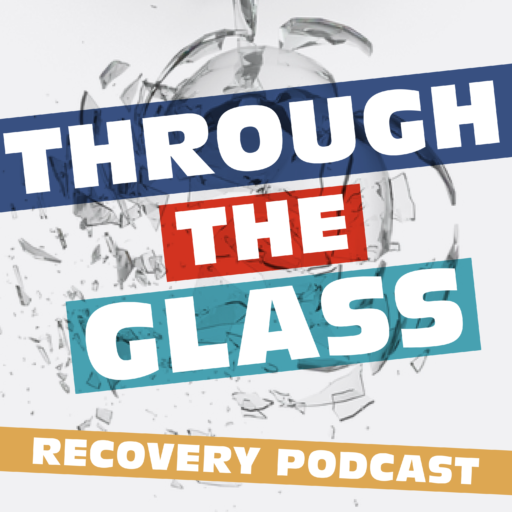We asked on our social media accounts last week, “What is the greatest challenge you are facing in recovery?” recently, and one of the most common responses was dealing with guilt. There are some emotions that feel like they just weigh us down, and after awhile they get really heavy. A big part of recovery is identifying those emotions and finding ways to process them, so that we can let go of some of the weight. Because if we’re not careful, all that weight we keep carrying will eventually lead us to wanting to escape again. Of all the emotions that come up in conversations about recovery, guilt seems to be a common struggle. There are a few things to consider when looking at how to process the guilt we feel.
Is it guilt, or is it shame?
I learned the difference between guilt and shame early on, and that helped me tremendously. Brene’ Brown does an excellent job of explaining it in her book, Atlas of the Heart. To put it simply, guilt is saying to yourself, “I did something bad.” Shame is saying to yourself, “I am bad.” The distinction between labeling the behavior and labeling self is important here. As someone who has carried deep shame for most of my life, understanding that difference was key, and I think that’s true for most people. It’s important to understand that we are human, and that humans make mistakes. Our mistakes don’t make us bad people. They don’t define who we are, and they don’t define our inherent worth. There’s a big difference between saying, “That thing I did was so stupid!” and “I’m so stupid!” Catching ourselves using that language and changing our focus from our self worth (shame) to our behavior (guilt) is absolutely essential.

What action needs to happen?
Guilt is a signal emotion. It signals the need for an action. Audre Lorde says, “Guilt is not a response to anger; it is a response to one’s own actions or lack of action. If it leads to change then it can be useful, since it is then no longer guilt but the beginning of knowledge.” Our job is to figure out what that action should be. Do you need to make an apology? Go back and fix something? Do you need to forgive yourself? Do you need to change the way you’re looking at a situation, change your perspective? Or maybe you just need to look at what happened and find the lesson: make the necessary changes going forward so the same mistake doesn’t happen again. Any way you approach these actions, know that each one involves growth. Each one will make you a better person. Mistakes are opportunities to grow, and it’s our job to figure out what that needs to look like. Once we figure that out, and take the necessary steps, we can release the guilt, knowing we used it to become a better person.
Is this guilt valid?
It’s also important to distinguish between valid guilt and invalid guilt. Valid guilt is the feeling that comes after you’ve made a mistake, letting you know that something needs to be done. Invalid guilt is the guilt that we feel when someone else is upset with us for doing something they don’t like, even though we’ve done nothing wrong. For example, if you set a boundary, it’s possible the other person won’t be happy about it and you’ll feel something akin to guilt. Or if you go out with friends and choose to stay sober, that might make them uncomfortable, prompting them to say something in an attempt to make you feel guilty. I’m sure you can think of other scenarios, too. The thing to notice is that these are all versions of people pleasing. If you’re a card carrying people pleaser like I am, you’ll know this feeling of guilt that I’m talking about. There is one question you need to ask yourself in these situations: Have I made a mistake here that I need to do something about? If the answer is no, you can allow yourself to release any feelings of guilt and you can decide how to proceed. If another person is trying to make you feel guilty, there’s a good chance they’re trying to manipulate you for their own benefit. Be mindful, consider your needs, and make wise choices moving forward. Don’t let anyone manipulate you with guilt.
The first step in working through any emotion is awareness. Once you can identify what it is you’re feeling, you can work to understand it, and move through it in a way that brings growth. And that, my friends, is the meaning of recovery!
Do you struggle with creating a recovery that helps you grow in emotional intelligence? Our FREE weekly Zoom meetings focus on different aspects of emotional sobriety, and learning how to tackle the hard emotions in ways that allows us to grow. We’d love to connect with you! You can sign up here to get the information you need to join. For more information about what to expect at our meetings, click here.
- How to Cope (Instead of Drink) When You’re Unhappy and You Don’t Know Why - November 30, 2024
- Debunking Myths About Addiction And Sobriety - May 10, 2024
- How Do I Know If I Need to Stop Drinking Alcohol? - May 5, 2024


